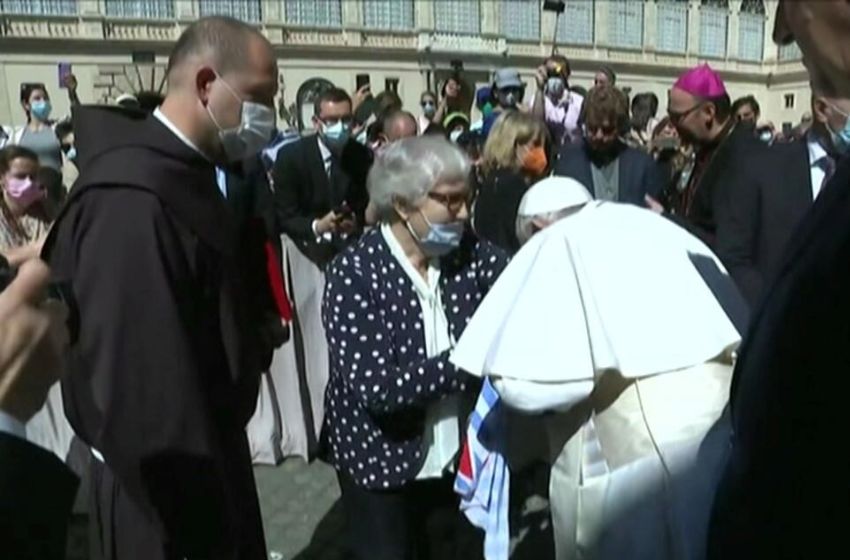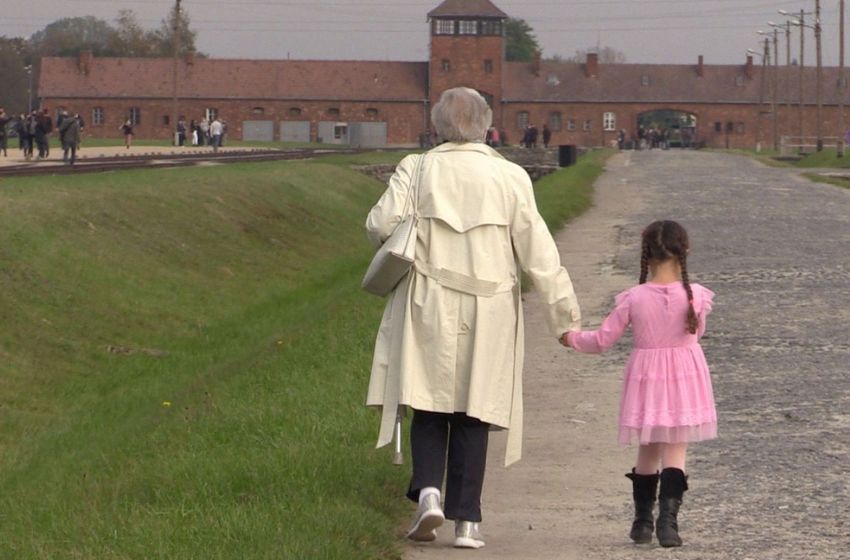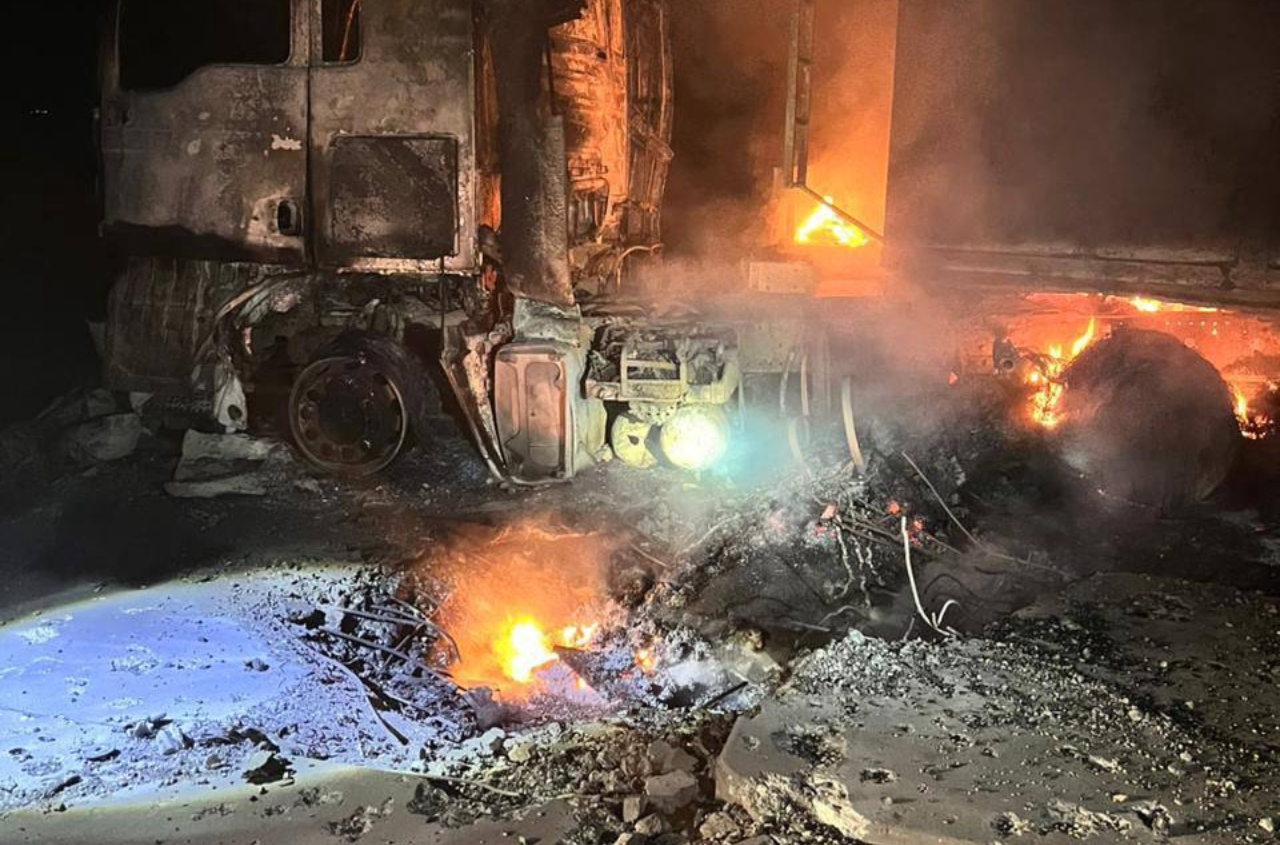On April 18, the documentary film "70072: The Girl Who Couldn't Hate. The True Story of Lidia Maksymovicz" will be screened at the Beit Grand Jewish cultural centre in Odessa (Nizhyns'ka St, 77/79). It is the story of a three-year-old girl, who was imprisoned in the Auschwitz-Birkenau extermination camp, in December 1943, just before her third birthday.
Imprisoned together with Lidia was her mother Anna, who was a member of the Belarusian Resistance. A young Catholic woman from the region of Lviv, with a few-year-old daughter, who had decided to go underground and oppose Nazi invasion. But they were captured and were sent to the extermination camp, notwithstandong they were not Jewish. In fact, the woods of Belarus were the last light that Lidia remembered, before the darkness of Auschwitz.
“My mother would sneak into the children's barracks at night and force me to repeat: my name is Lyuda, I'm three years old, I'm the daughter of Belarusian partisans, I was taken to Birkenau." She wanted me to remember my story." Her mother, forced to participate in a death march, swore to the little girl that one day she would return for her.
The Auschwitz-Birkenau camp, an emblematic place of the Holocaust, was where Doctor Mengele (the angel of death) conducted his cruel experiments on Jewish children. "When I go to Mengele I am put to sleep, so when I leave, I don't remember exactly what happened. I wake up and it is my body that speaks and tells me stories" said Lidia Maksymowicz, who survived in that hell, in the children's barrack, for thirteen months. He was one of Dr Josef Mengele's little guinea pigs. Lidia remembers the silence of the camp: with gritted teeth, committed to surviving, without being able to allow herself even an emotion.
Lidia, like all Auschwitz prisoners, was liberated in January 1945 by Soviet soldiers. They told her that her mother Anna, on whom the number 70071 was tattooed, had not survived. A Polish woman, without children, decided to adopt one of the orphans left alone in a field strewn with corpses. Lidia grows with her. But she didn't forget her real mother. She did not look for her for a long time, because she thought she died. Then, she decided to write to international organisations to check if she was alive. One day in 1962, the German Red Cross wrote her a letter, informing her that her mother was still alive and was living in Soviet Union, in the region of Donetsk, with a new family. Anna had been looking for her for 18 years in URSS, in vain. They finally met again in Moscow, surrounded by Soviet authorities and journalists .
In May 2021, a photograph went around the world: Pope Francis bowed his head to a Holocaust survivor and kissed the camp number 70072 tattoo on her arm. This woman was Lidia Maksymovicz, 81 years old, a Belarusian prisoner, a survivor of the worst Auschwitz extermination camp, who now lives in Krakow, Poland.

The docufilm "70072. The little girl who couldn't hate", produced by the La Memoria Viva Association of Castellamonte (To), with the support of the Resistance and Constitution Committee.
The screening in Odessa was achieved thanks to the work of the Italian Consulate in Odessa and the generosity of the Italian Honorary Consul Vladyslav Shtamburg.
Lidia's testimony, which maintains with great lucidity the memory of the tragic experience where she was also the subject of Dr. Mengele's experiments, also recounts the research and the meeting with her natural mother, who also survived after seventeen years, in 1962 (the film shows a Soviet period footage).





















